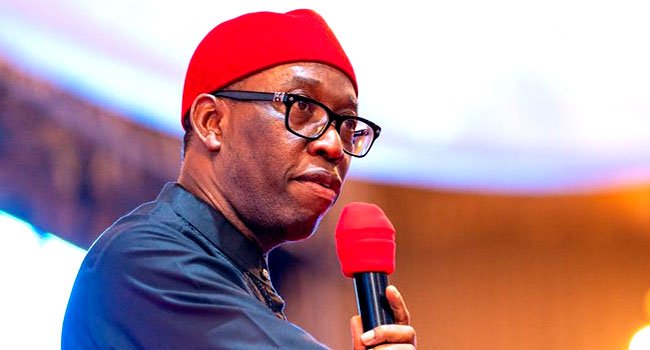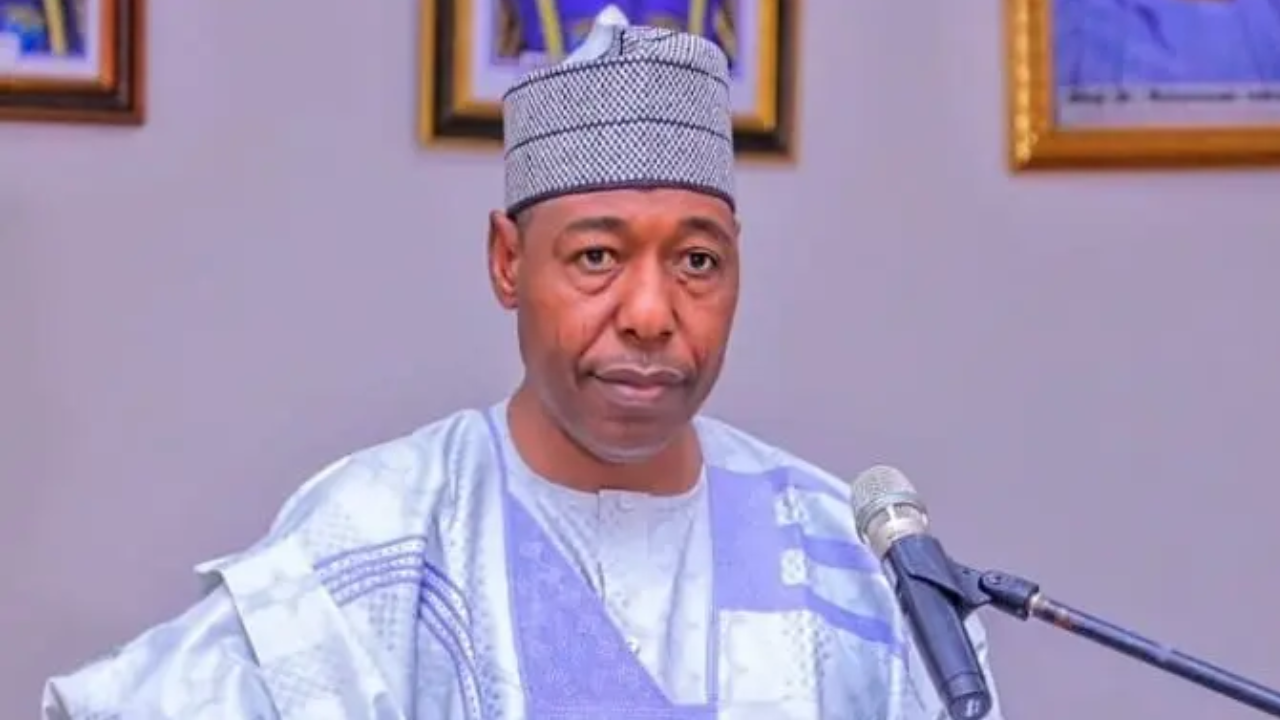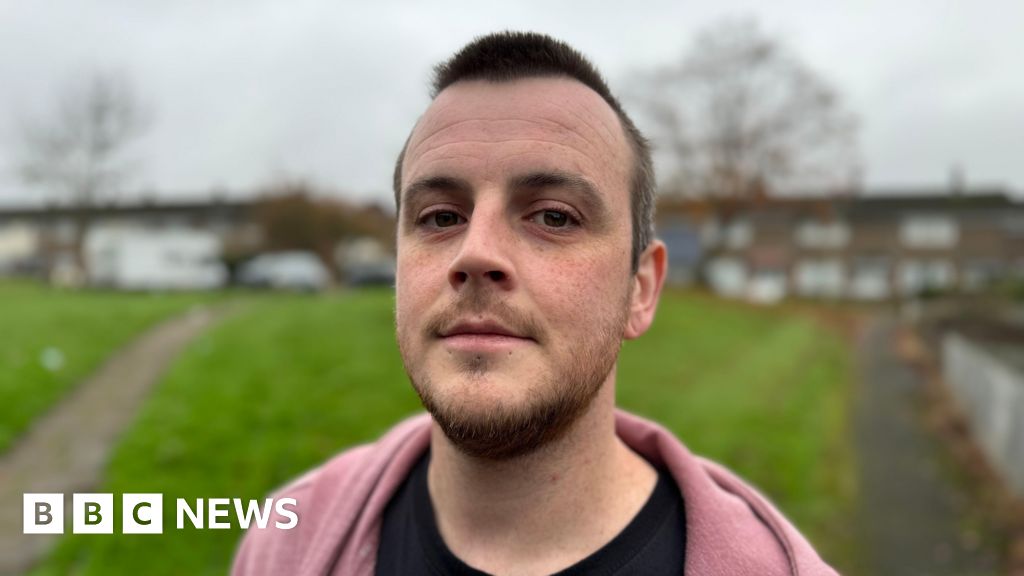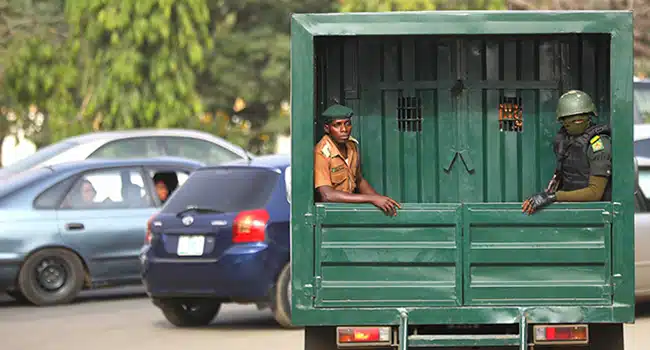The decision of northerner to join the #EndBadGovernance protest, under the administration of President Bola Tinubu, while shunning #EndSARS protest under ex-president, Muhammadu Buhari has stirred reaction.
Naija News understands that the protest calling for end to hardship, hunger and bad governance started on the 1st of August and ended on the 10th of this month.
The Spokesperson for the Northern Elders Forum (NEF), Abdulaziz Sulaiman, in an interview with Vanguard revealed why northerners joined the protest.
He identified hunger, marginalisation and endemic poverty as reasons the North is boiling.
Sulaiman when asked why northerners were serious with this protest than the previous one, he said, “We have not yet discussed the matter at the level of the NEF, but as a conscious northerner, I am aware that the ongoing hunger protest in Nigeria has garnered widespread attention, with citizens from various regions of the country actively participating in demonstrations calling for an end to food insecurity and rising prices of essential goods.
“Notably, the Northern region of Nigeria has been particularly active in supporting the protest, with many of its youth taking to the streets to demand government action to address the food crisis in the nation and most importantly the prevalent security situation in the region.”
He added, “There are several factors that can help explain why the Northern region has been so deeply involved in the hunger protest. First, Northern Nigeria has long been known for its high levels of poverty and pervasive insecurity, with many communities in the region struggling to access nutritious food on a regular basis.
“The region is also home to a significant number of smallholder farmers who have been adversely affected by the activities of insurgents and bandits that have negatively impacted crop yields and livelihoods.
“As a result, many residents of the Northern region have been forced to contend with food shortages and soaring food prices, leading to a sense of frustration and desperation that has fueled their participation in the protest.
“Moreover, the North has historically been marginalised and underserved by successive governments, with many communities lacking access to basic infrastructure, healthcare, and educational opportunities.
“This pervasive sense of neglect and marginalisation has contributed to a deep-seated sense of disillusionment and anger among the youths of the region, who view the ongoing food crisis as yet another manifestation of the government’s failure to prioritize the needs of its people.”


 3 months ago
5
3 months ago
5















 English (US) ·
English (US) ·